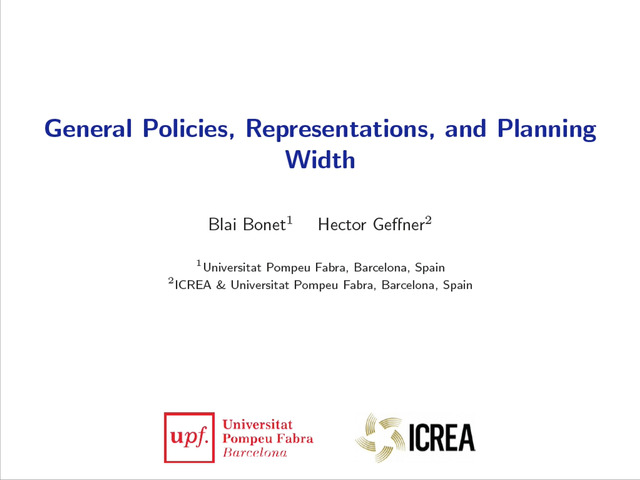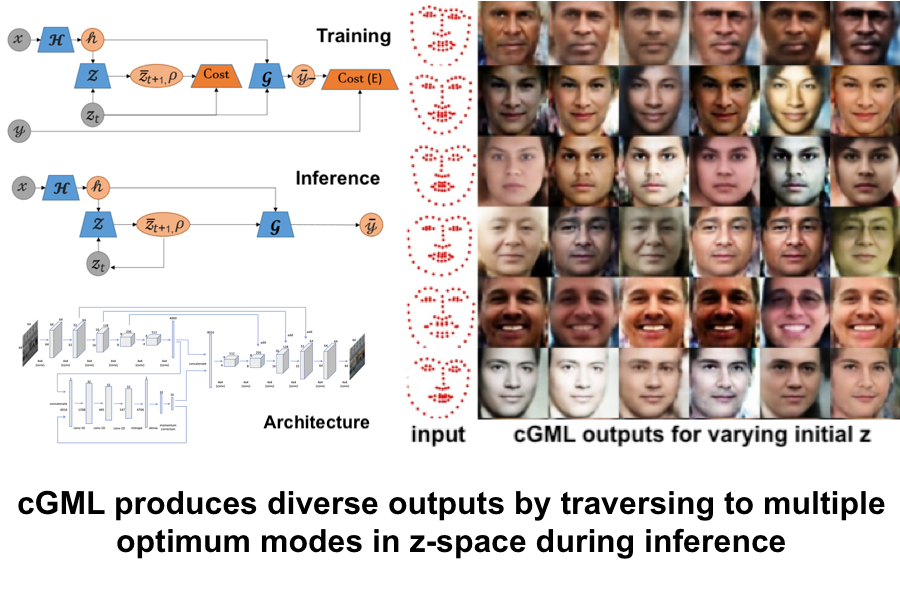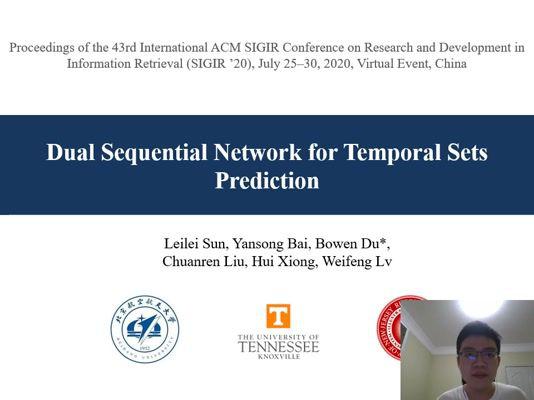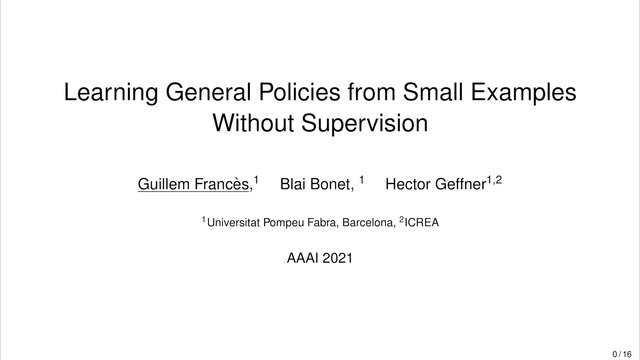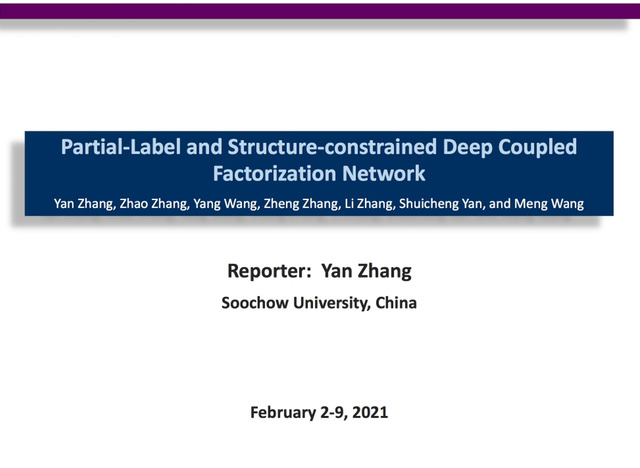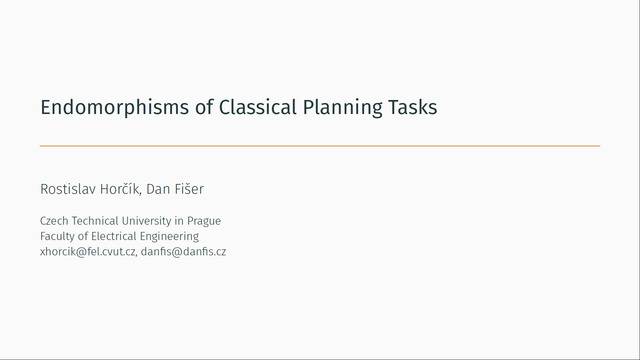Abstract:
Classical planning tasks are commonly described in PDDL, while most planning systems operate on a grounded finite-domain representation (FDR). The translation of PDDL into FDR is complex and has a lot of choice points---it involves identifying so called mutex groups---but most systems rely on the translator that comes with Fast Downward. Yet the translation choice points can strongly impact performance. Prior work has considered optimizing FDR encodings in terms of the number of variables produced. Here we go one step further by proposing to custom-design FDR encodings, optimizing the encoding to suit particular planning techniques. We develop such a custom design here for red-black planning, a partial delete relaxation technique. The FDR encoding affects the causal graph and the domain transition graph structures, which govern the tractable fragment of red-black planning and hence affects the respective heuristic function. We develop integer linear programming techniques optimizing the scope of that fragment in the resulting FDR encoding. We empirically show that the performance of red-black planning can be improved through such FDR custom design.





